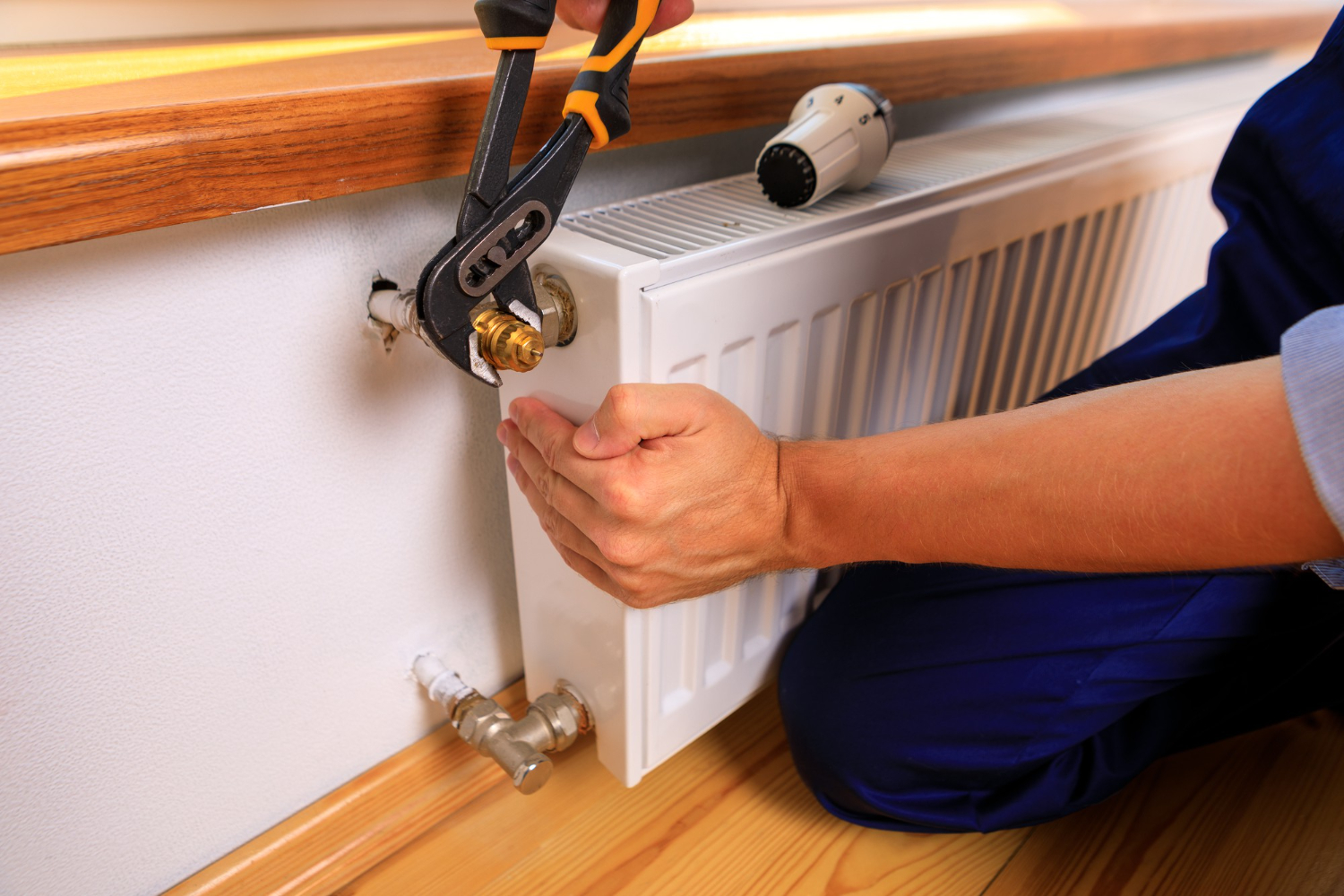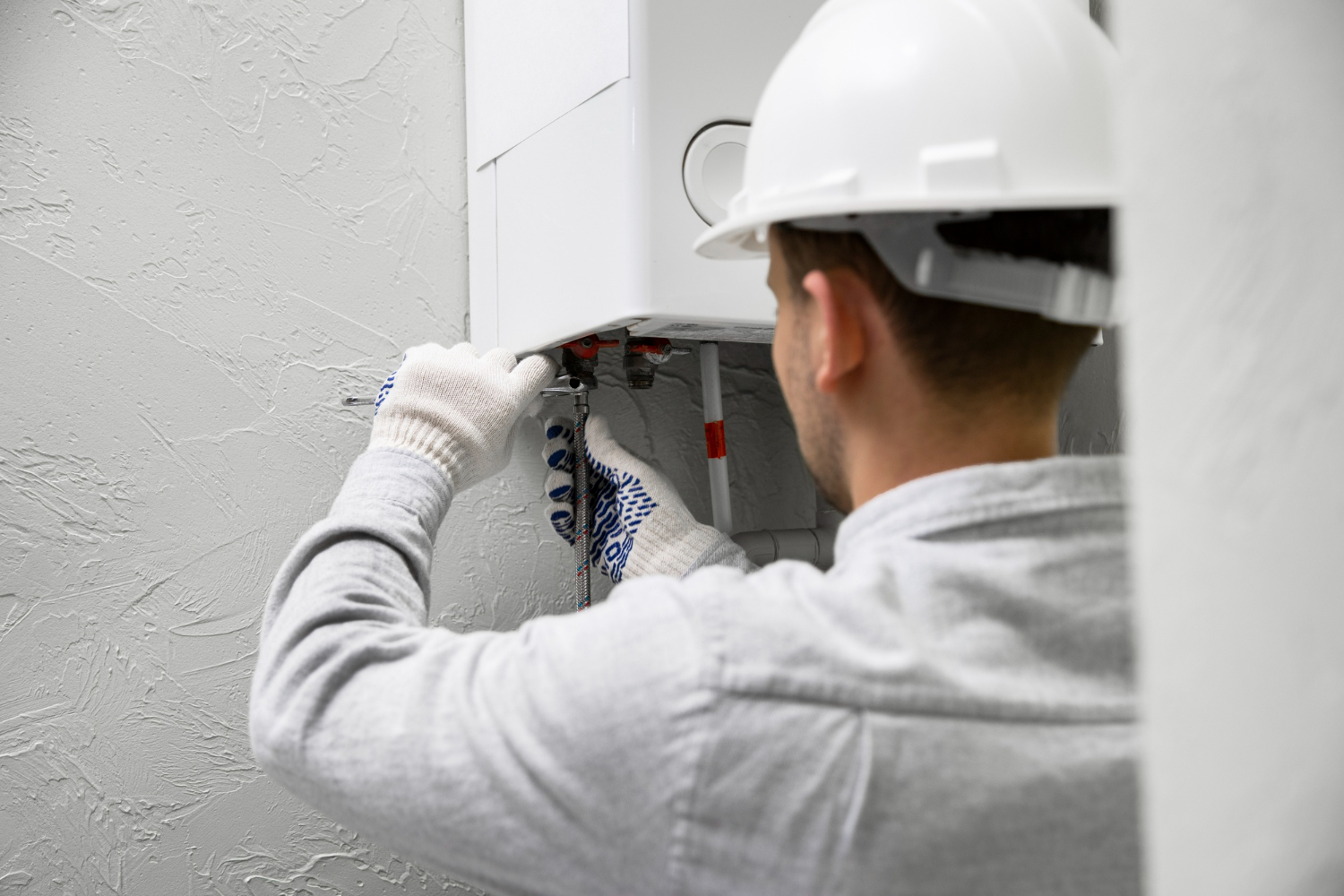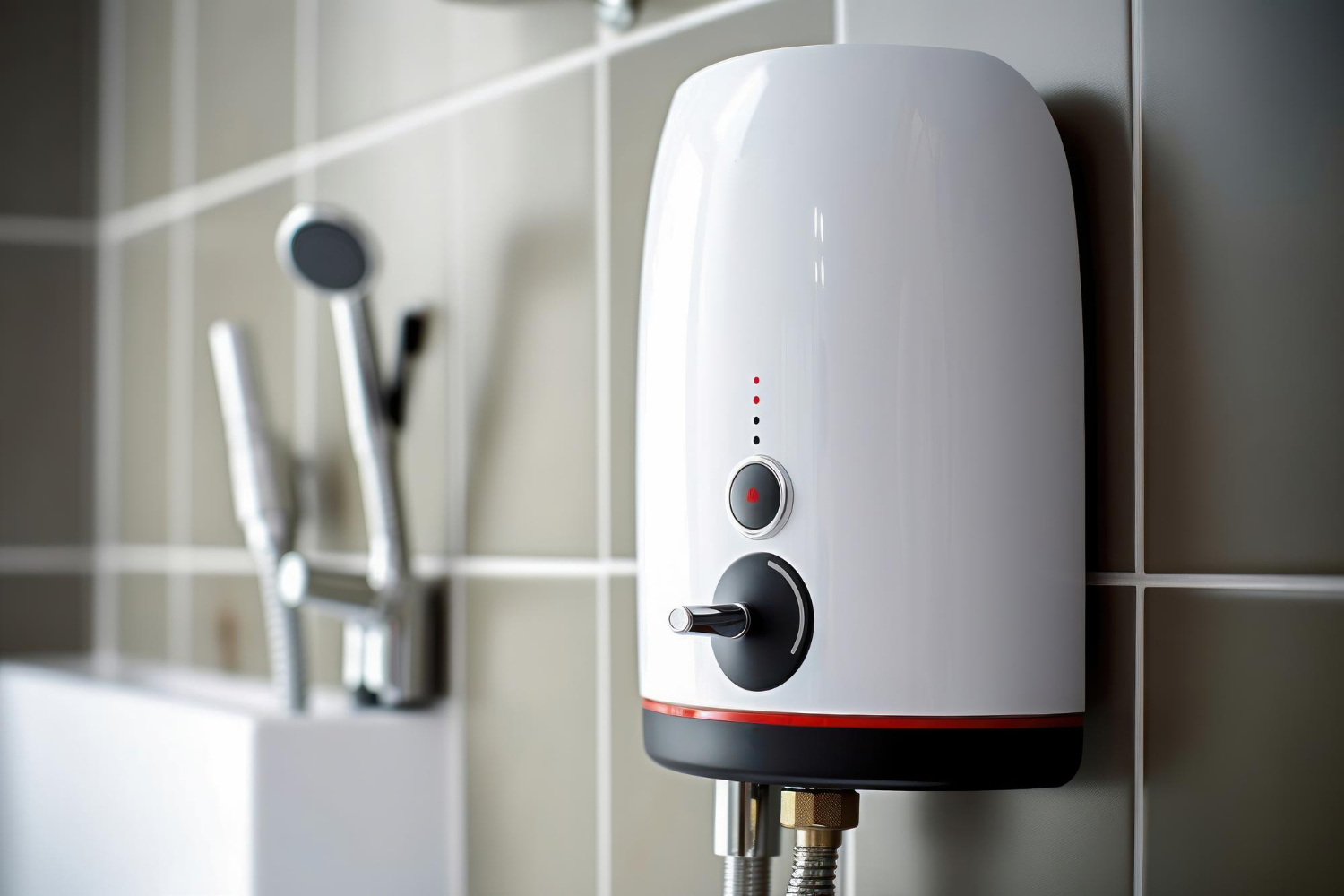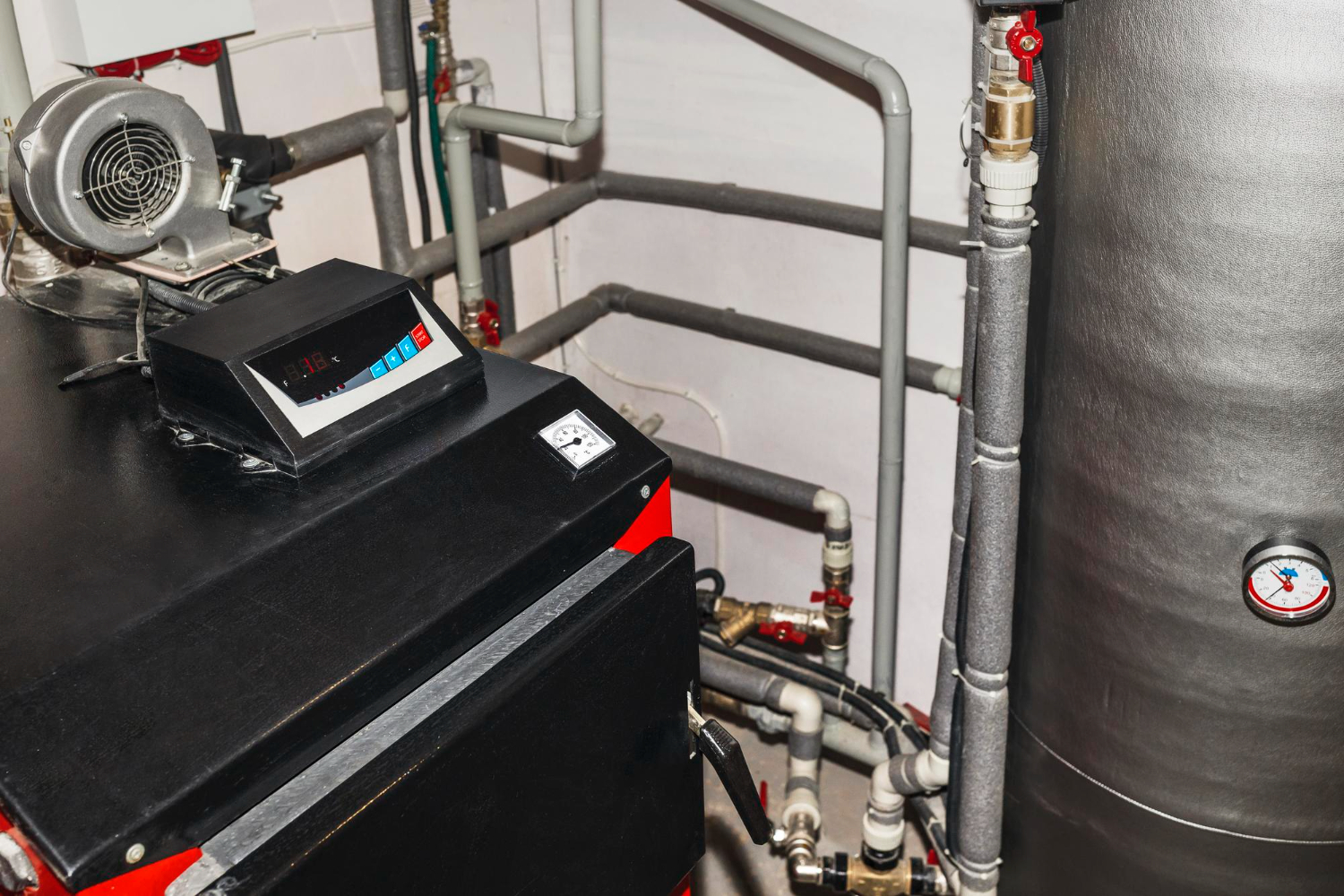Preparing your home for a heating repair can help ensure a smooth process and effective results. By taking specific steps before our professionals arrive, you can help them complete the job more efficiently. A well-prepared home also minimizes disruptions and makes it easier for our technicians to focus on fixing your heating system.
Inspecting Your Current Heating System
The first step in preparing for heating repair is to inspect your current heating system. This preliminary inspection helps identify any visible issues and provides valuable information for our professionals.
1. Check for Visible Problems: Look at your heating unit for any obvious signs of damage or wear. Cracks, rust, or leaks are indicators that something might be wrong. Take note of these issues so you can relay them to our technicians.
2. Listen for Unusual Noises: Turn on your heating system and listen for any strange sounds, such as banging, grinding, or squeaking. Unusual noises can be a sign of internal problems that require immediate attention. Documenting these sounds will assist our professionals in diagnosing the issue faster.
3. Monitor Performance: Observe how well your heating system is performing. Uneven heating, frequent cycling on and off, and poor airflow are all signs that your system may need repair. Keeping a record of these performance issues can help our technicians pinpoint the problem areas.
Clearing the Area Around Your Heating Unit
Clearing the area around your heating unit is critical for a smooth and safe repair process. Removing obstacles allows our technicians to work freely and reduces the risk of accidents.
1. Remove Clutter: Clear away any items that are around the heating unit. This includes boxes, furniture, and any miscellaneous objects. A clutter-free space enables our professionals to access the unit easily and work more effectively.
2. Ensure Proper Ventilation: Make sure the area around the heating unit is well-ventilated. Poor ventilation can lead to hazardous conditions for both your home’s air quality and our technicians’ safety. Ensure that vents are unobstructed and airflow is not restricted.
3. Check for Safety Hazards: Look for any potential safety hazards near the heating unit. This includes flammable materials, loose wires, or slippery surfaces. Removing these hazards ensures a safer working environment for our professionals.
Ensuring Accessibility for Technicians
Making sure our technicians can easily access your heating unit is key. This helps them carry out heat pump installation or heating repair tasks more efficiently.
1. Clear Pathways: Ensure that pathways leading to your heating system are free of obstacles. This includes moving furniture, toys, or any other items that might block access. A clear path enables our professionals to bring in tools and equipment without inconvenience.
2. Unlock Doors and Gates: If your heating unit is located in a basement, attic, or another hard-to-reach area, make sure that any doors or gates are unlocked. This ensures that our technicians can get to the unit without delays, allowing them to start work as soon as they arrive.
3. Inform Household Members: Let everyone in the household know that our professionals will be working on the heating system. This keeps children and pets away from the work area, preventing any interruptions or safety issues that might arise while the technicians are working.
Preparing Your Home for Testing and Maintenance
After the heating repair or heat pump installation, proper preparation for system testing and ongoing maintenance is essential. These steps ensure your system runs smoothly and remains reliable.
1. Understand Basic Operations: Our professionals will likely provide a brief walkthrough of your heating system, explaining how to operate it correctly. Take this opportunity to ask questions and understand basic functions like setting the thermostat, changing filters, and recognizing when the system might need professional attention.
2. Schedule Regular Maintenance: Regular maintenance checks are crucial for the longevity and efficiency of your heating system. Schedule periodic check-ups with our technicians to catch any potential issues early. This proactive approach can help prevent major problems and costly repairs down the line.
3. Prepare for Final Testing: After a heating repair job, our professionals will perform final testing to ensure everything is working correctly. Make sure all areas around the heating unit are still clear and accessible. This allows our technicians to perform necessary checks and adjustments without any interruptions.
Conclusion
Preparing your home for heating repair involves several important steps that ensure a smooth and efficient process. By inspecting your current heating system, clearing the area around the unit, ensuring accessibility for our technicians, and preparing for testing and maintenance, you create an environment where our professionals can work effectively. These preparations not only speed up the repair process but also help maintain the overall health of your heating system.
If you need assistance with heating repair in Ankeny, contact All Seasons HVAC LLC. Our team of experienced professionals is here to help keep your home comfortable and efficient. Schedule an appointment with us today and ensure your heating system is in top condition!






